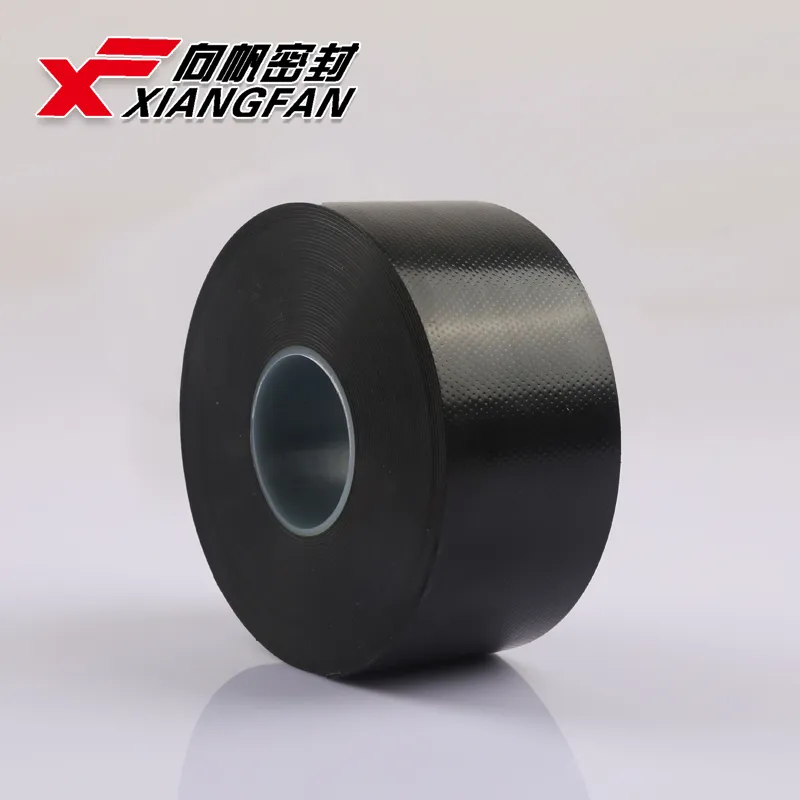Fiberglass Tape for Electrical Insulation A Comprehensive Overview
In the realm of electrical insulation, materials play a pivotal role in ensuring safety, efficiency, and longevity of electrical systems. Among these materials, fiberglass tape stands out as a versatile and effective solution for a variety of applications. This article explores the features, benefits, and applications of fiberglass tape for electrical insulation, highlighting its importance in modern electrical engineering and maintenance.
What is Fiberglass Tape?
Fiberglass tape, commonly composed of woven fiberglass strands coated with a resin or adhesive, is specifically designed to offer superior electrical insulation properties. This type of tape is known for its high tensile strength, resistance to heat, and ability to withstand chemical exposure. Usually available in various widths and thicknesses, fiberglass tape can be selected according to the specific requirements of the application.
Key Features of Fiberglass Tape
1. Electrical Insulation Properties Fiberglass tape exhibits excellent dielectric strength, making it an ideal choice for insulating electrical components, wires, and connections. Its non-conductive nature ensures that electricity does not leak, thereby preventing shorts and enhancing overall system reliability.
2. Heat Resistance One of the standout features of fiberglass tape is its ability to endure high temperatures. Depending on the specific formulation, fiberglass insulation tapes can withstand temperatures ranging from 150°C to as high as 260°C. This capability is particularly beneficial in industries where heat generation is prevalent, such as automotive and aerospace.
3. Chemical Resistance Fiberglass tape is resistant to many chemicals, solvents, and oils. This property allows it to be used in environments that may expose insulation materials to harsh substances, thereby ensuring the longevity and durability of the insulation.
4. Durability and Strength The woven nature of fiberglass fibers grants the tape high tensile strength, enhancing its ability to hold up under stress and resist tearing. This robustness makes it suitable for both indoor and outdoor applications.
Advantages of Using Fiberglass Tape
1. Versatility Fiberglass tape can be used in diverse applications, from insulating electrical wires and transformers to wrapping around motors and capacitors. Its versatility extends to various industries, including telecommunications, automotive, aerospace, and construction.
fiberglass tape for electrical insulation

2. Ease of Application The tape is user-friendly and can be easily applied by hand or with tools. It conforms well to irregular shapes and can be cut to size, ensuring a tight fit around electrical components.
3. Cost-Effective Solution When compared to other insulation materials, fiberglass tape offers a cost-effective solution without compromising on performance. Its durability reduces the need for frequent replacements, ultimately saving money over time.
4. Non-toxic and Eco-friendly Fiberglass tape does not release harmful substances and is considered safe for various applications. Its use can help promote environmentally conscious practices in industries that prioritize sustainable materials.
Applications of Fiberglass Tape
1. Electrical Insulation The primary application of fiberglass tape is in electrical insulation. It is widely used to insulate wires and cables, ensuring that electrical currents are contained and reducing the risk of electrical fires.
2. Thermal Insulation In addition to electrical applications, fiberglass tape also provides thermal insulation. It can be used on heat-generating equipment, helping to maintain temperature while safeguarding surrounding components.
3. Mechanical Reinforcement The strength of fiberglass tape makes it an excellent choice for reinforcing mechanical parts, reducing wear and extending the lifespan of components.
4. Cord and Loom Protection Fiberglass tape is often used to protect electrical cords and looms, ensuring they remain intact and insulated over time in various environments.
Conclusion
Fiberglass tape remains a critical component in the field of electrical insulation, thanks to its remarkable properties and wide-ranging applications. Its electrical insulation capabilities combined with heat and chemical resistance make it a reliable choice for industries dealing with electrical systems. As technology and industry needs continue to evolve, fiberglass tape will likely maintain its importance, playing a key role in ensuring safe, efficient, and sustainable electrical installations and repairs. Whether you are an engineer, technician, or DIY enthusiast, understanding the benefits and applications of fiberglass tape can enhance your projects and promote safer practices in electrical insulation.
-
XIANGFAN Rubber Tape-Ultimate Solutions for All Your Insulation NeedsNewsJun.24,2025
-
XIANGFAN Rubber Tape-Protection for Industrial and Residential ApplicationsNewsJun.24,2025
-
XIANGFAN Rubber Tape: Superior Safety and Sealing for Demanding EnvironmentsNewsJun.24,2025
-
XIANGFAN Rubber Tape: Reliable Solutions for Every Electrical ChallengeNewsJun.24,2025
-
XIANGFAN Electrical & Industrial Tape: Powering Reliability Across IndustriesNewsJun.24,2025
-
XIANGFAN Electrical & Industrial Tape: Excellence in Every ApplicationNewsJun.24,2025
